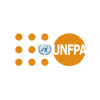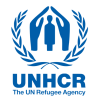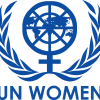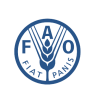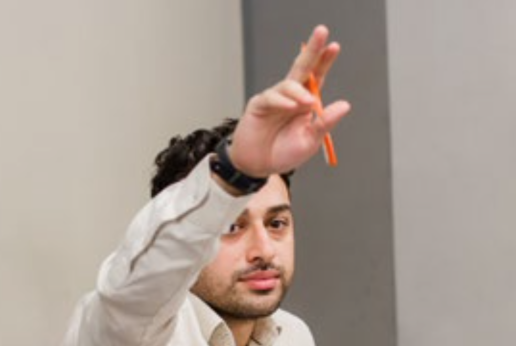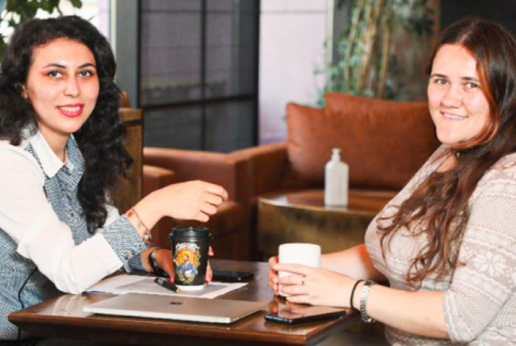"Top SDGs"

GENDER-EQUITABLE SOCIETY
In 2022, the UN advanced gender equality in Azerbaijan by supporting implementation of the Convention on the Elimination of All Forms of Discrimination Against Women (CEDAW) in Azerbaijan; the first-ever web portal providing referrals to survivors of gender-based violence (GBV); the launch of “safe spaces” and provision of free legal and psychosocial support at Women’s Resource Centers around the country; vocational training for 235 survivors of GBV; integration of gender-mainstreaming into the National School Improvement Plan; a “Men for Gender Equality” platform targeting faith-based communities on social media that reached some 40,000 people; community-based trainings and information sessions on gender equality and religion for over 1,000 people; an online campaign on gender equality and women’s empowerment that reached 10,000 people around the International Day of the Girl Child; college and school discussions on gender-based violence and discrimination that reached more than 1,000 young people; information sessions on reproductive health and the prevention of violence and harmful practices, reaching more than 5,000 adolescent girls; and a STEM mentorship programme for girls that engaged 300 mentees and mentors.

Azerbaijan was ranked 101st out of 146 countries, with a score of 0.687 on the 2022 Global Gender Gap Index. There are multiple factors that contribute to gender inequality in Azerbaijan. These include harmful social norms, which limit women’s access to education, and employment. The prevalence of gender- based violence severely undermines women’s health, well-being, and autonomy. Additionally, gaps in national laws, policies, and institutional mechanisms further restrict women’s rights and opportunities, affecting women’s mobility and the unequal distribution of inheritance. The UN in Azerbaijan continued its work with partners to eliminate gender-based discrimination and ensure equal opportunities for women and men with a multi-dimensional approach to societal attitudes, legal frameworks, and women’s empowerment.
The first-ever online GBV referral pathway portal was launched
Set of standards and guidelines was developed for GBV shelters
“Safe Spaces” launched at the Women’s Resource Centers offering free legal and psychosocial support
GBV survivors in the regions received vocational courses
educational materials reviewed on gender responsive content
Gender mainstreaming was integrated into the National School Improvement Plan
fathers and fathers-to-be benefitted Papa Schools in eight districts
people reached by virtual “Men for Gender Equality” platform
adolescent girls were sensitized on reproductive health and GBV
Engineering Hubs for Girls established in STEAM Centers in five districts
women mentees and mentors engaged in STEM mentorship program
Contributing Agencies

